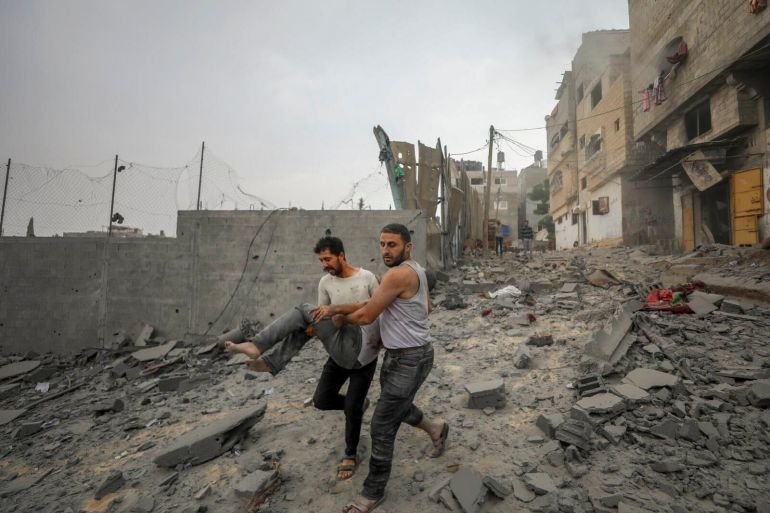A Wave of Violence:
Israel is currently facing a complex and escalating security crisis. A series of attacks, including rocket fire, shootings, and stabbings, has left the nation on edge. The attacks have targeted civilians and military personnel, leading to casualties and widespread fear.
Hamas’s Role:
The militant group Hamas, which controls the Gaza Strip, has claimed responsibility for some of the attacks. Hamas has a long history of conflict with Israel, and its actions have significantly contributed to the current tensions. The group’s use of rocket fire has forced many Israelis to seek shelter in bomb shelters, disrupting daily life and creating a climate of fear.
Other Factors:
While Hamas is a key player in the current violence, other factors are also contributing to the crisis. These include:
Political Instability: Israel is currently in the midst of a prolonged political crisis, with several rounds of elections failing to produce a stable government. This political instability has weakened the government’s ability to respond effectively to the security challenges it faces.
Social and Economic Divisions: Israeli society is increasingly divided along social and economic lines. These divisions have fueled political extremism and made it more difficult to find common ground on issues such as security and peace.
Regional Instability: The broader Middle East region is also experiencing significant instability, with conflicts and civil wars raging in several countries. This instability has created a breeding ground for extremism and violence, which can spill over into Israel.
International Response:
The international community has condemned the violence and called for a return to calm. However, efforts to broker a lasting peace between Israel and the Palestinians have been largely unsuccessful. The United States, Israel’s closest ally, has played a key role in mediating past peace talks, but its influence has waned in recent years.
The Future:
The future of Israel remains uncertain. The current wave of violence is a serious challenge to the country’s security and stability. The government is facing increasing pressure to take decisive action to protect its citizens, but any such action could further escalate the conflict.
The international community also has a role to play in helping to resolve the crisis. Increased diplomatic efforts are needed to bring the parties back to the negotiating table and find a lasting solution to the conflict.
Conclusion:
Israel is currently facing a complex and dangerous security situation. The attacks by Hamas and other groups have created a climate of fear and uncertainty. The government is struggling to respond effectively, and the international community has been unable to broker a lasting peace. The future of Israel remains uncertain, but the current crisis underscores the urgent need for a comprehensive solution to the Israeli-Palestinian conflict.
Additional Information:
The Israeli-Palestinian conflict is one of the most intractable conflicts in the world. It has been ongoing for decades and has claimed thousands of lives.
The conflict has also had a significant impact on the broader Middle East region, contributing to instability and extremism.
The international community has made numerous efforts to resolve the conflict, but these efforts have largely been unsuccessful.
The future of Israel and the Palestinians remains uncertain, but the current crisis underscores the urgent need for a peaceful resolution to the conflict.
Note: This article is based on publicly available information and may not reflect the views of all parties involved in the conflict.

